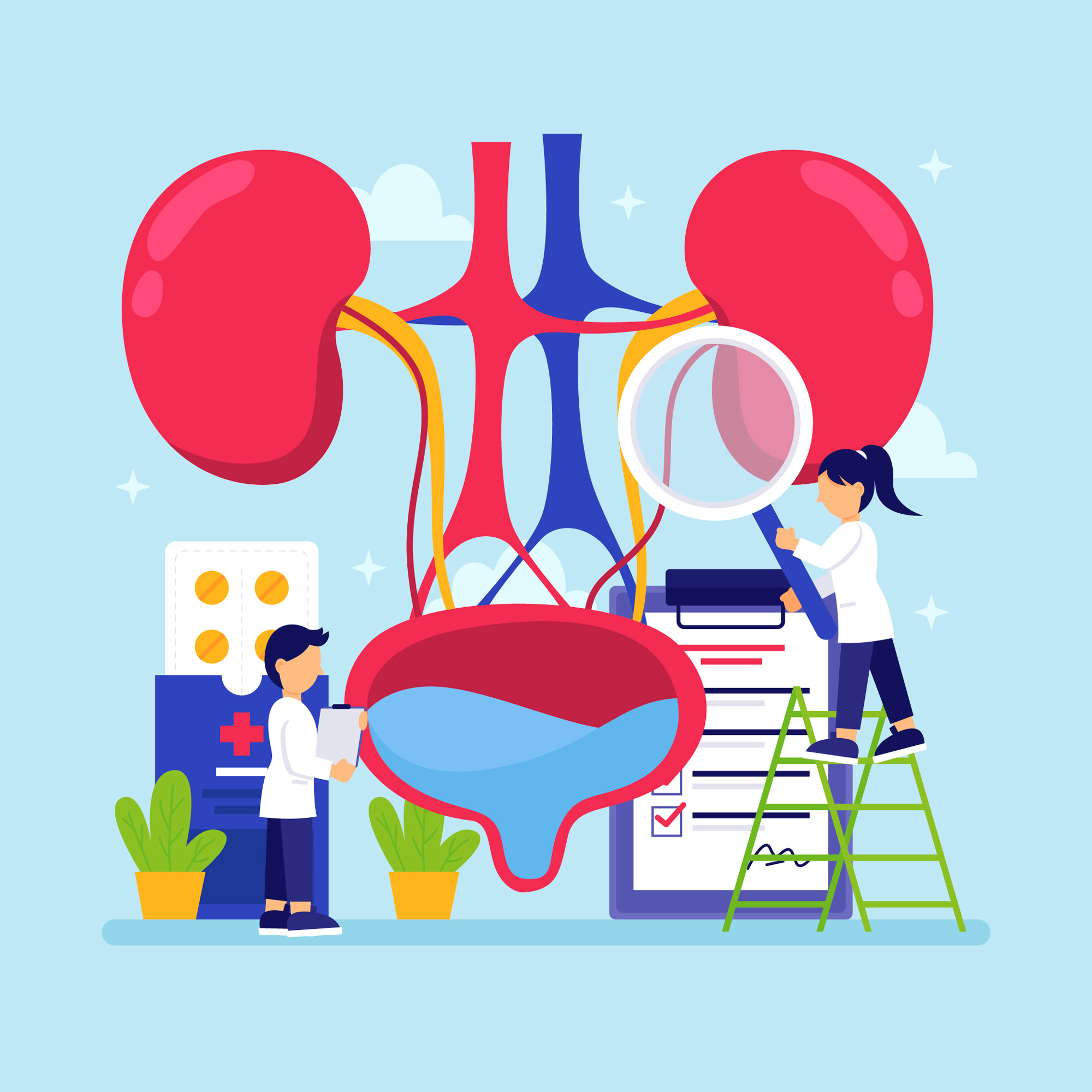
Kidney Stone Treatment Overview: Understanding Your Options
Kidney stones can be excruciatingly painful and disrupt your daily life. If you’ve ever experienced one, you understand the importance of effective treatment options. In this blog post, we will provide an overview of kidney stone treatment, including its causes, common types of kidney stones, and the various approaches to managing and preventing them.
Understanding Kidney Stones
Kidney stones are hard, mineral and salt deposits that form in your kidneys. They can vary in size from a grain of sand to a larger, more significant mass. The most common types of kidney stones are calcium stones, which are made up of calcium oxalate or calcium phosphate. Other types include uric acid stones, struvite stones, and cystine stones.
Causes of Kidney Stones
Various factors contribute to the formation of kidney stones:
Dehydration: A lack of proper hydration can lead to concentrated urine, increasing the risk of stone formation.
Diet: Consuming a diet high in oxalate, sodium, and animal protein can raise the chances of developing stones.
Family History: A genetic predisposition to kidney stones may increase your susceptibility.
Medical Conditions: Certain medical conditions, such as gout, urinary tract infections, and inflammatory bowel disease, can increase your risk.
Obesity: Obesity can lead to metabolic changes that promote stone formation.
Kidney Stone Symptoms
The symptoms of kidney stones often include:
Severe pain in the back, side, or lower abdomen
Blood in the urine
Frequent urination
Painful urination
Nausea and vomiting
Cloudy or foul-smelling urine
Treatment Options
Fluid Intake: Adequate hydration is crucial. Drinking plenty of water can help flush out the stone-forming minerals from your system.
Pain Management: Over-the-counter pain relievers, prescription medications, or even intravenous pain relief may be necessary to manage pain while the stone passes.
Medication: Depending on the type of stone and its cause, your doctor may prescribe medications to prevent stone formation or dissolve certain types of stones.
Extracorporeal Shock Wave Lithotripsy (ESWL): This non-invasive procedure uses shock waves to break down kidney stones into smaller fragments, which can then pass more easily through the urinary tract.
Ureteroscopy: A thin tube with a camera is used to remove or break up stones in the ureter or kidney.
Percutaneous Nephrolithotomy: In cases of large or complex stones, surgery may be necessary to remove them through a small incision in the back.
Preventing Kidney Stones
Prevention is key to avoiding the recurrence of kidney stones. Here are some strategies:
Hydration: Drink plenty of water to keep your urine diluted and reduce the risk of stone formation.
Dietary Changes: Modify your diet to reduce oxalate-rich foods, limit sodium, and maintain a balanced intake of calcium and other minerals.
Medications: Your doctor may prescribe medications to prevent stone formation based on your specific condition.
Regular Follow-Up: Stay in touch with your healthcare provider for routine check-ups and to monitor your kidney health.
Kidney stones can be a painful and recurrent problem, but with the right approach to treatment and prevention, you can minimize their impact on your life. Always consult a healthcare professional for personalized guidance and to determine the most appropriate treatment options for your specific situation. Remember, staying well-hydrated and making dietary changes can go a long way in preventing the formation of kidney stones and ensuring your overall kidney health.
Contact UsRecent Post

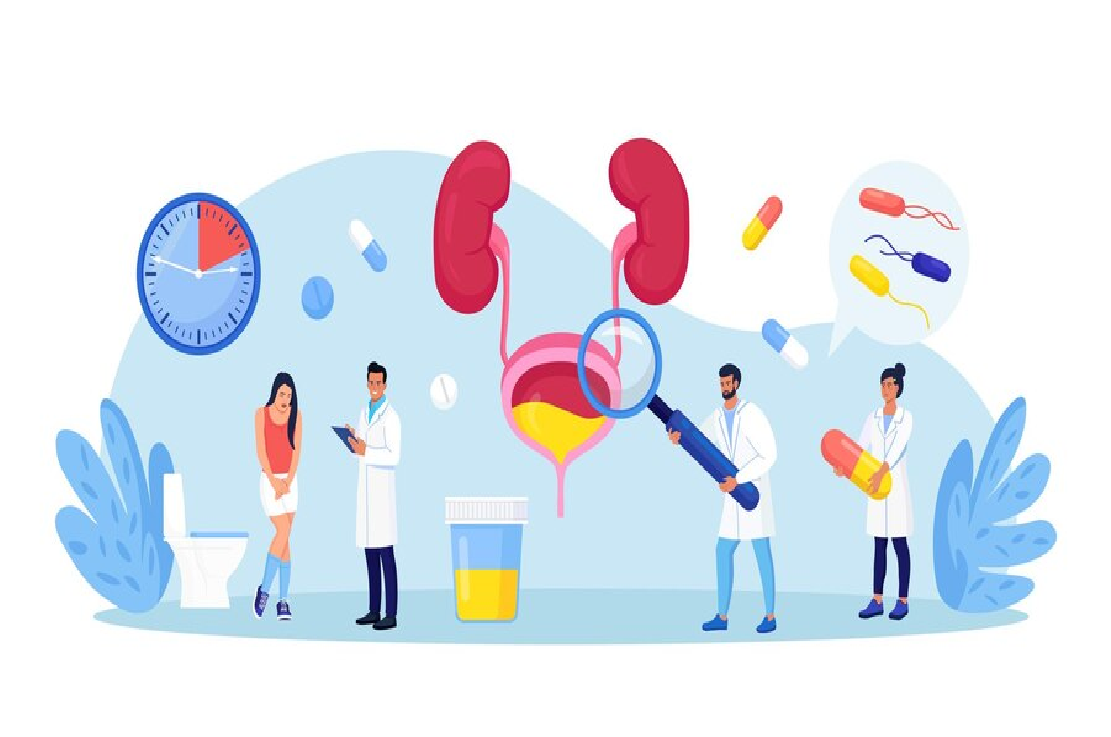
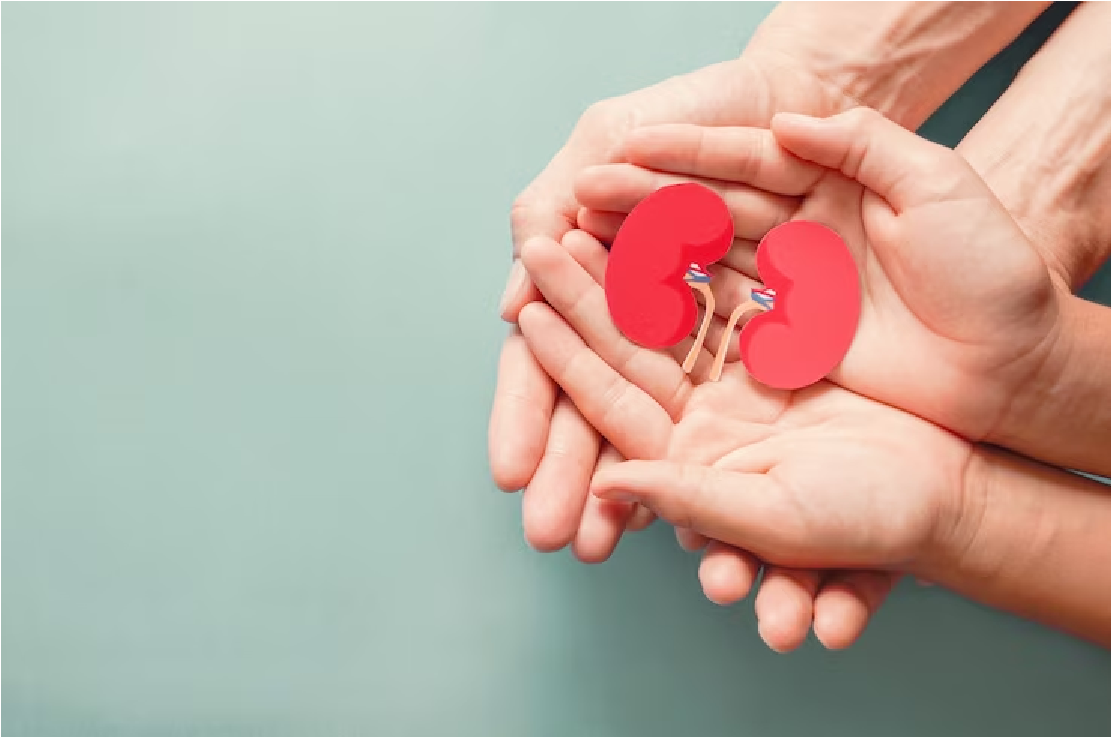



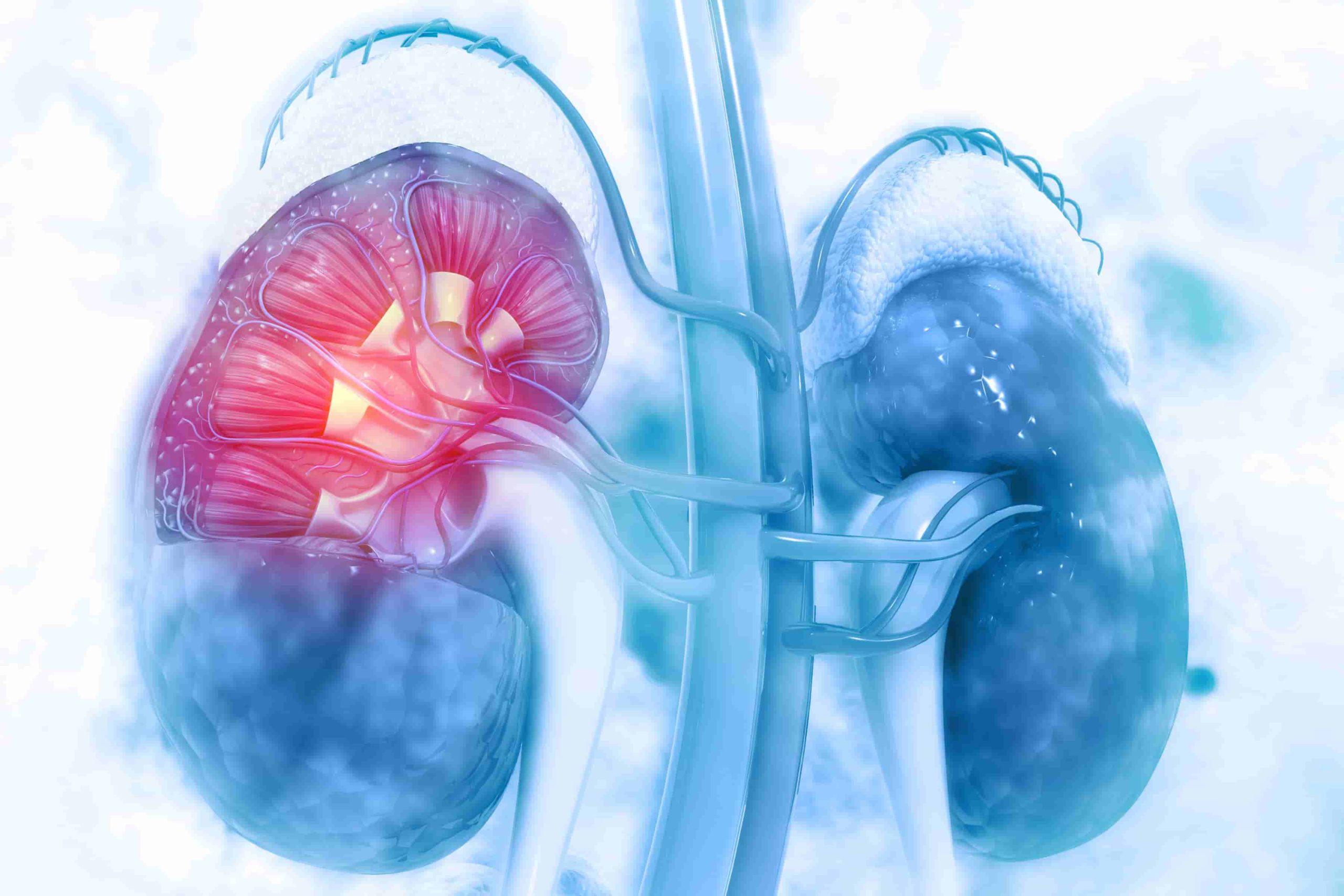





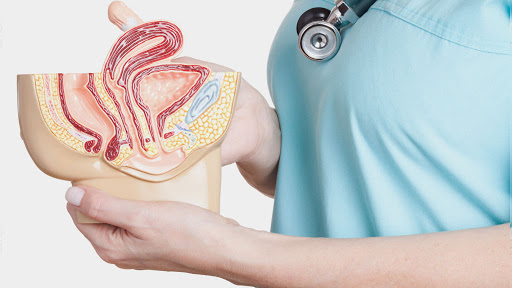

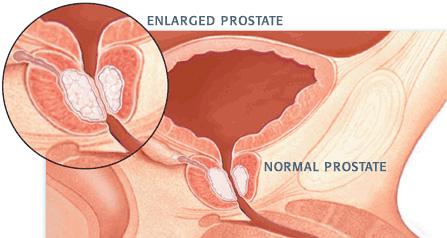
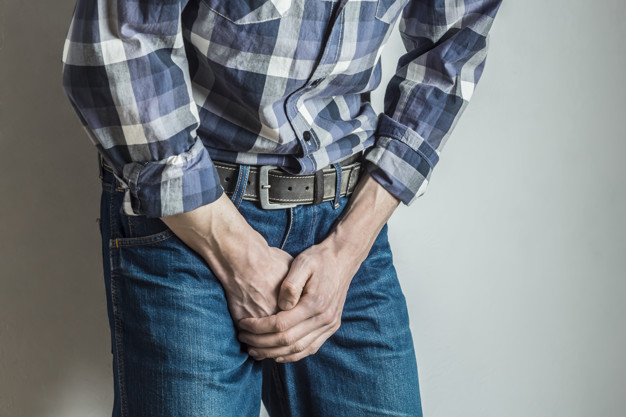



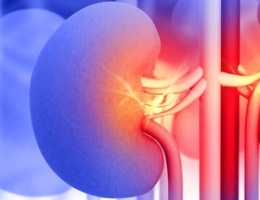
 English
English